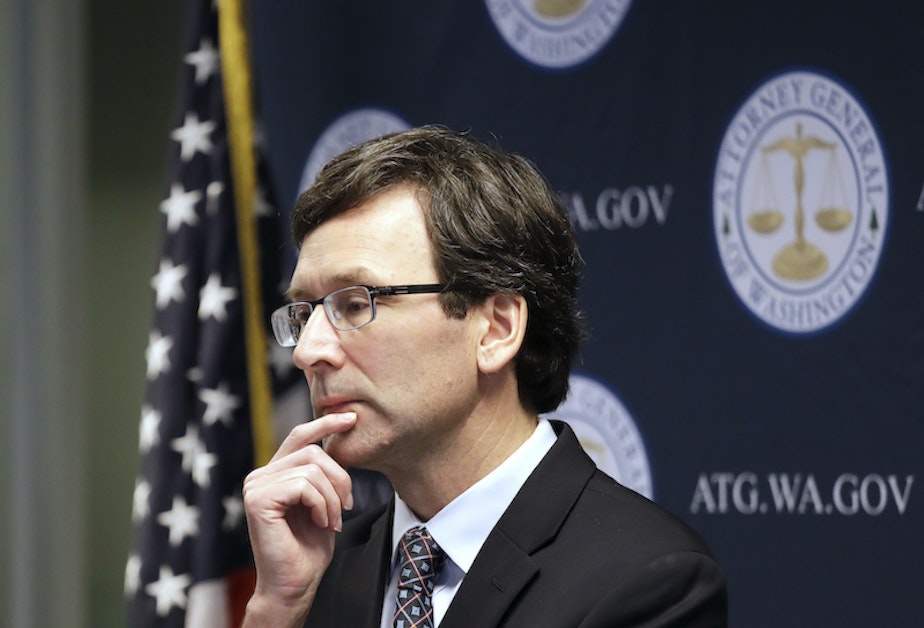West Coast states band together to fight methane pipeline expansion

California, Oregon, and Washington have joined forces to push back against a methane pipeline along the West Coast.
“This project undermines Washington state’s efforts to fight climate change,” said Washington Attorney General Bob Ferguson. “This pipeline is bad for the environment and bad for consumers.”
On Monday, Ferguson filed a motion opposing an expansion of a pipeline known as the Gas Transmission Northwest. It flows through Washington, Oregon, and California. Ferguson is arguing that the proposal is counter to Washington's efforts to battle climate change.
The pipeline is a subsidiary of Canadian company TC Energy. The company is currently asking for federal approval of the pipeline expansion. According to the AG's Office, this proposal would result in 150 million cubic feet of additional methane gas moving across the Northwest, each day. The gas is intended to be sold in Washington, Idaho, Oregon, and California. Ferguson argues that about 3.47 million metric tons of carbon dioxide would be emitted from this project each year, for 30 years.
"This is equivalent to adding 754,000 cars on the road each year until 2052," the AG's office states.
Sponsored
Ferguson calls the proposal a "stealth expansion" of the pipeline. He argues that the expansion is not required to meet the energy needs of the region, and is rather an effort to expand market share. The other West Coast states align with this argument.
“The West Coast is experiencing very real impacts of climate change and leading the climate fight, so it is fitting that Oregon, Washington, and California band together on this joint motion asking (the Federal Energy Regulatory Commission) to take a hard look at this pipeline proposal,” said Oregon Attorney General Ellen Rosenblum.
California Attorney General Rob Bonta called on the commission to deny the pipeline expansion or at least to look at what he called "the inadequacy of the environmental review" for the project.
“Expanding the capacity of this pipeline would have significant environmental and public health impacts and is out of step with state and federal climate goals – and FERC can’t honestly say otherwise," Bonta said. "The reality is, when we expand gas infrastructure, it’s all too often minority, low-income, and Indigenous communities that pay the price. I urge FERC to comply with the law and not allow this expansion to move forward.”


